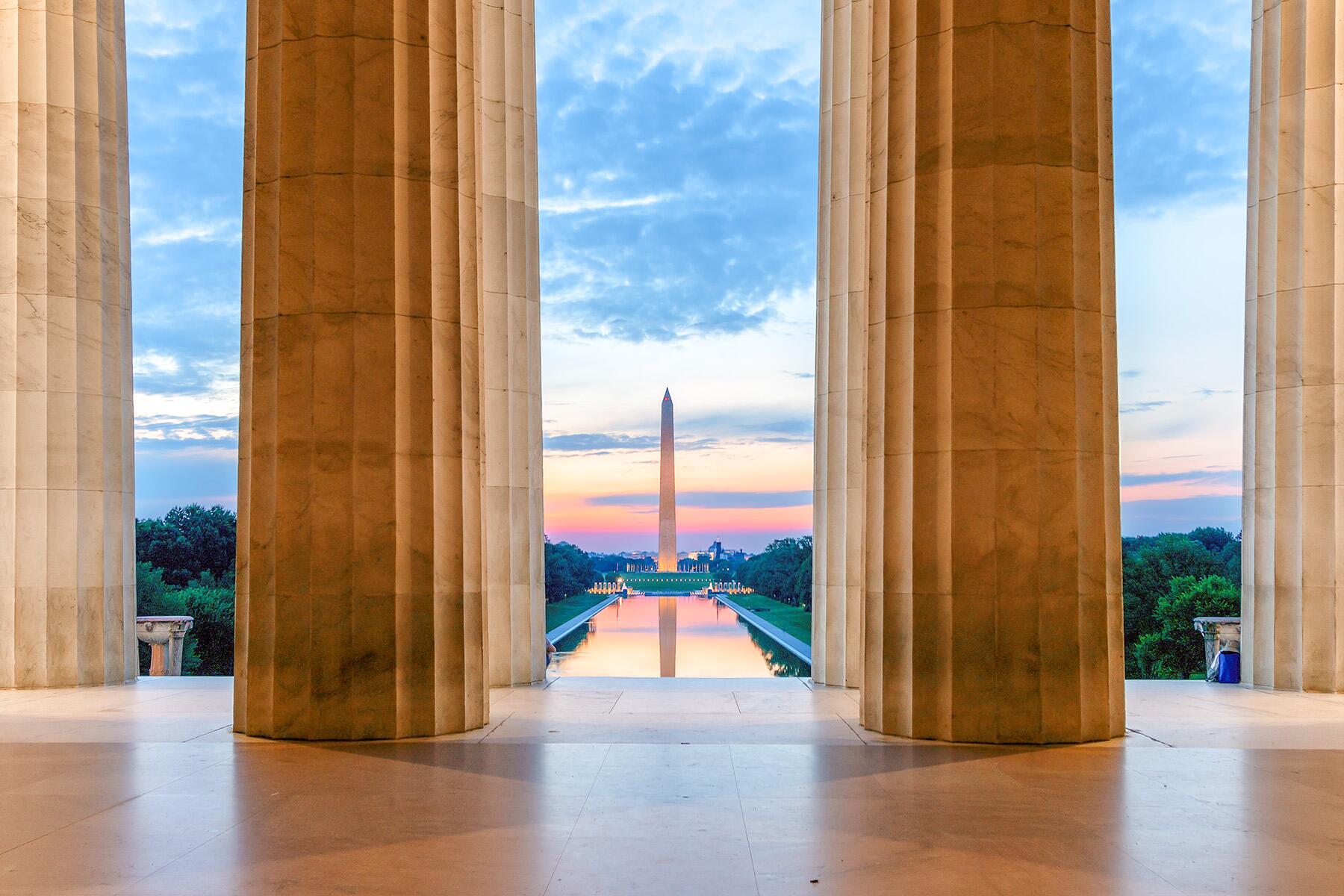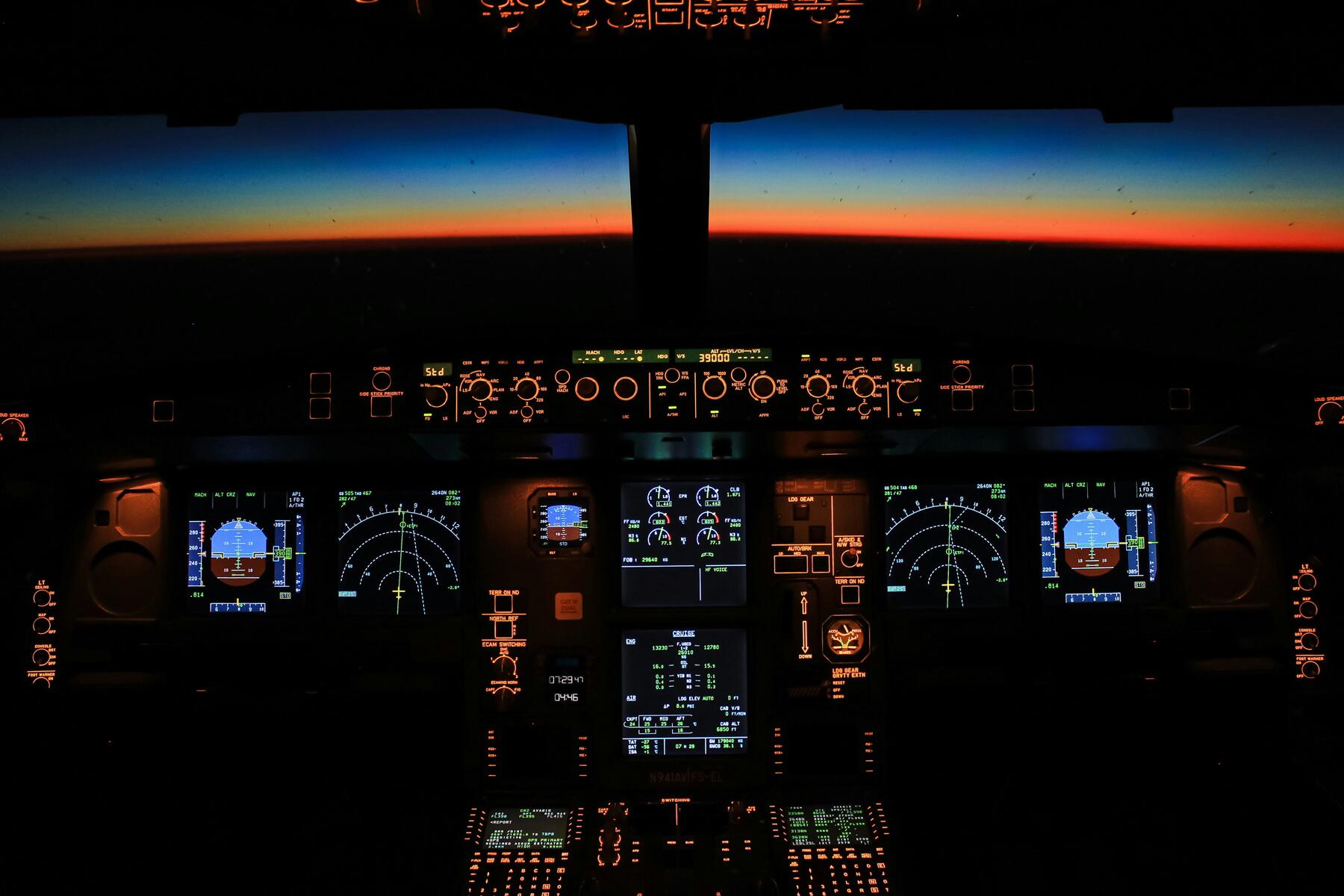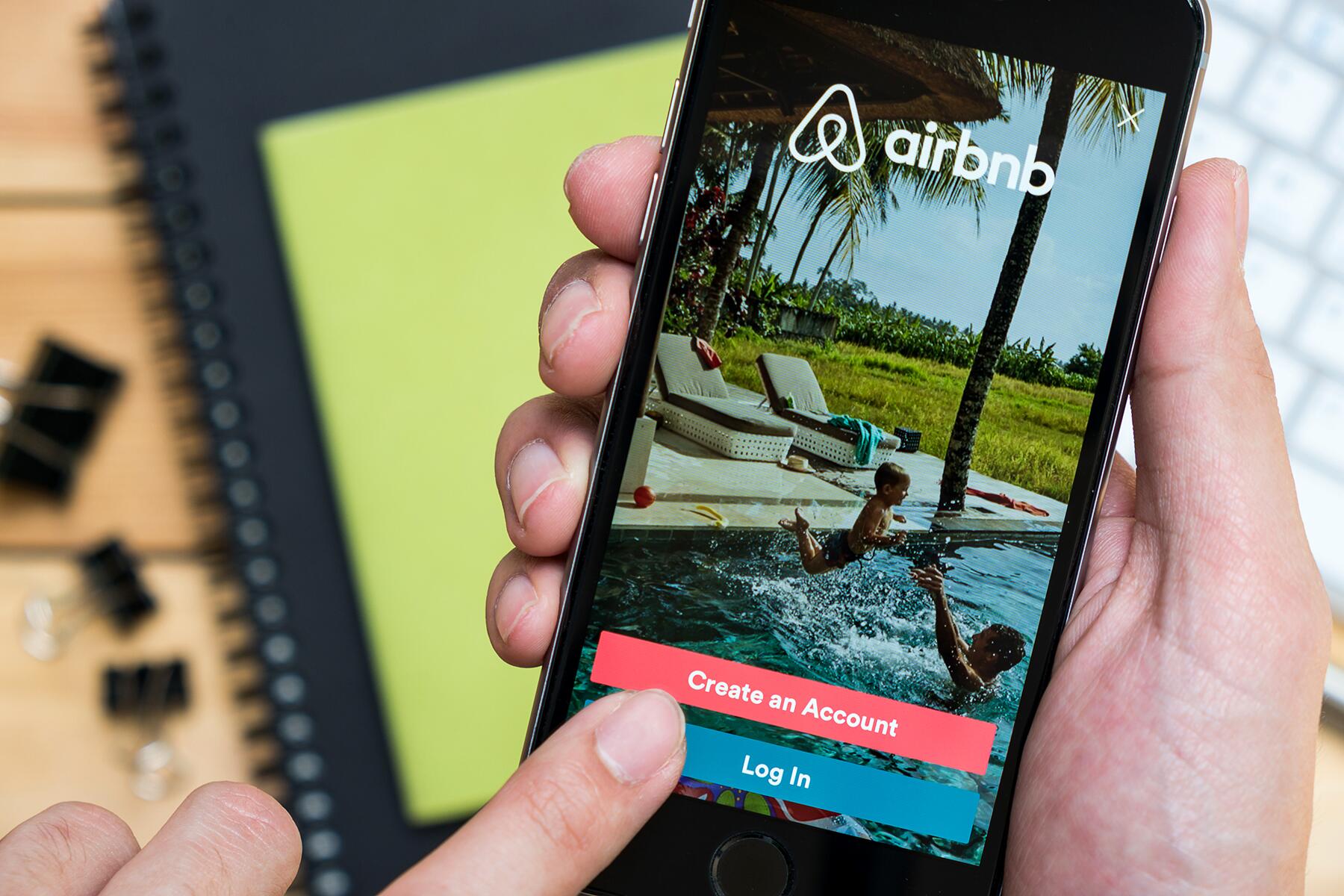With increased cleaning fees, a dizzying list of “house rules,” and rising complaints from both hosts and guests, the Airbnb experience seems far from perfect nowadays.
Once upon a time—or at least several years ago—Airbnb was all about the spirit of travel. Launched as a vacation rental firm back in 2008, it had become a big player in the travel space, giving major hotel brands a run for their money. These days, an Airbnb stay can come with pricy cleaning fees and a slipping customer experience that has left most travelers fed up with the once-popular home-sharing platform.
“I’m done with Airbnb,” wrote comedian, model, and activist Caleb Hearon on his Twitter account back in June. Citing confining house rules—such as curfews, quiet hours, and chore lists—Hearon wrote he would likely be returning to booking hotel stays. Soon, his tweet took off, garnering some 440,000 likes and 32,000 retweets, unleashing a barrage of stories from other travelers commiserating over their own Airbnb horror stories.
When Tawny “My Name is Tawny” Newsome (@TrondyNewman) replied to Hearon’s tweet with a story of how a delivery person had been shooed away from her Airbnb due to a “no-guest” policy, Hearon elaborated on his grievances.
Recommended Fodor’s Video
“I stayed at one [Airbnb] recently where they INSTRUCTED me to take out my trash, do my dishes, and water the plants. I’m going back to Hilton; these people have lost their goddamn minds.”
The appeal of an Airbnb had always been the promise of staying somewhere that felt like home at a fraction of the cost of booking a hotel room. Travel data company OTA Insight looked at summer occupancy of short-term rentals versus hotels across top global destinations, comparing 2019 to 2022. They found that hotels are still lagging behind short-term rentals, though overall, both are coming back very strong compared to 2019.
According to Dr. Terika Haynes, the founder and CEO of Dynamite Travel—a Florida-based luxury travel consultancy—Airbnb was originally appealing as a “private vacation experience at costs lower than hotels.”
“As Airbnb became more popular,” Haynes tells Fodor’s, “hosts didn’t have to be so ‘desperate,’ if you will. The higher the demand goes, the pickier they can be and the more demands they can impose.” But Haynes, who has worked with thousands of clients since launching Dynamite nearly 15 years ago, points out that over the years, prices, which are now driven by the cost of living and labor shortages such as cleaning staff, have increased.
The Soaring Costs of Airbnb Stays
A June 2022 analysis by personal finance company NerdWallet found that a sampling of 1,000 Airbnb reservations across the U.S was more expensive than hotels for one-night stays. The median nightly U.S. hotel room was $178 compared to the median Airbnb at $314, including taxes and fees for both. Hotels were cheaper for two people, the analysis noted.
A particular sticking point with Airbnb guests these days are cleaning fees. According to NerdWallet, the median Airbnb cleaning fee for one night was $75, and 34% of bookings had a cleaning fee of between 20% to 29.99% of the list price. Airbnb stresses that hosts are able to select their own cleaning fees, and the platform offers tips on a reasonable amount and reportedly suggests that they do not consider any fees at all. But complaints about guests having to do “chores” alongside rising cleaning fees are now also common. The replies to Hearon’s tweet included tales of guests who claimed that they were ordered to take out the trash, vacuum, carry patio chairs, clean, and place kitchenware back in its cabinet. Understandably, there is frustration from travelers forced to pay cleaning fees and then handed a list of cleaning chores.
“A Baltimore townhouse wanted dishes done in a very particular way,” recalls Ryan Wright, an Airbnb user hailing from Canada. “A country house near South Bend had oddly specific rules about recycling and laundry. I have yet to stay in any Airbnb that doesn’t have at least one rule that makes me chuckle or shake my head.”
Another traveler—who preferred to remain anonymous—describes herself as someone who leaves hotel rooms as neat as possible, making sure to gather towels and tip the cleaning staff. But in recent years, even she has found Airbnb’s house rules too demanding.
“I am not expecting to go trash a place and leave,” explained the traveler. “But the lists of rules—what lights can be on, don’t use a specific room, don’t park by ‘Donna’s car next door’—are the main reason my family and I have gotten over the novelty of Airbnb and now stick to hotels.”
A Terrible Service on Both Ends
Alongside rising costs, questions around Airbnb’s safety and security have raised more than a few eyebrows, while challenges thrown out by COVID-19 has left travelers wondering about the future of the platform. Stories about Airbnb stays, detailing horrific experiences on both the side of the guest and host, have been circulating online. One host told Fodor’s that they had given up Airbnb after a guest damaged her walls, used her address to register for a vehicle, complained about the heating, urinated in the bed, stole a mini fridge, and vomited in the sink—to name a few transgressions. While she admits that she’s had some “great guests” over the years, she says she wouldn’t recommend Airbnb anymore. “It’s a terrible service on both ends.”
Tales abound of guests damaging a host’s property, while guests complain of rigid house rules that detract from their vacation. But perhaps these regulations are needed, suggests, Juls Rollnik, the author of Secrets of a Superhost: How to Become an Airbnb Rockstar, who says that people are much happier if they have clear guidelines. “If there are no boundaries on what people can and can’t do at your Airbnb, then the guests won’t know what is permitted, and they may damage your property or cause you difficulties.”
Airbnb’s Newest Competitors
In response, Airbnb points out that they’ve hosted one billion guests to date, and that complaints are scarce. They stress the range of new safety and security options on offer, including a 24-hour safety line available in-app for hosts and guests, a Local Emergency Services in-app feature, and that they enforce strict policies and have initiatives such as a worldwide Trust & Safety Advisory Coalition (TSAC), uniting 22 organizations including the U.K. Trust and Safety Alliance. But in the new age of post-pandemic travel, alternatives to both Airbnb and hotels are beginning to spring up in response to the growing discontent around Airbnb.
Kindred, a home-swapping network, was unveiled in April 2022 by Justine Palefsky and Tasneem Amina as an alternative to “the increasingly unaffordable Airbnb and hotel options” with the hope of catering to the rise of remote workers. For a $300 annual fee, Kindred members in the U.S., Canada, and Mexico, can book a home, only paying for the cost of cleaning and a $30 nightly service fee. Concierge support and “host protection” is included. Members earn credits for making their home available online and can apply these credits toward their own travel. The founders claim it’s “a fraction of the cost of a typical vacation rental.”
“Many members have mentioned feeling frustrated with Airbnb’s increasingly unreasonable prices and fees, and how transactional it feels as most of the homes are run as businesses instead of feeling like real homes,” says Palefsky. “We’ve also heard increasing concerns about the impact that this proliferation of short-term rentals is having on communities.”
She added that Airbnb “has become increasingly focused on profits at the expense of experience quality, but this creates an opening for competition.” Palefsky says that when the “category leader starts pricing exorbitantly for a declining customer experience, the market must—and will—innovate.”
So far, 1,000 nights have been booked using Kindred, with the average trip length around 6.3 days—and they have over 6,000 people on a waitlist for applications. As the future of Airbnb is pulled into question, more wild stories about Airbnb stays continue to spread.
“I once stayed at an Airbnb and asked the host if I could bring my violin,” tweeted @raquel_gonzo in reply to Hearon’s post. “On arrival, the host had a yard full of neighbors that were ready to hear some music. When I said I left my violin at home, they all went inside and yelled about how their entertainment plans were ruined.”
If nothing else, an outlandish Airbnb story will always make for good dinner party fodder.
A decidedly one sided point of view. I don't think you can compare an AirBnb with a hotel room. I travel with my dogs. I get a yard and no exorbitant pet fee from a "pet friendly" hotel. I can spread out, have friends join us, and all I have to do is what I would do at home. Take the trash out and run the dishwasher. But then I would never AirBnb for one night. That's what hotels are good at. I'm guessing there are many more positive stories than horror stories but they don't make for the best articles.





This article is perplexing to me. I have stayed in over 30 airbnbs over the years and not once have I felt like the checkout instructions were unreasonable. I also host, and the only thing I ask is that guests double check for their belongings and lock the door behind them. I have read two other articles this past week on other websites that are exactly like this and it kind of makes me wonder if the hotel industry is behind it. Some people prefer hotels because they know exactly what they are going to get, some prefer airbnbs for their uniqueness. I have had some airbnb stays that have completely elevated the trip- staying in properties that aren't cookie cutter is what makes airbnb successful. Sometimes that means doing your own dishes in order to have that experience.